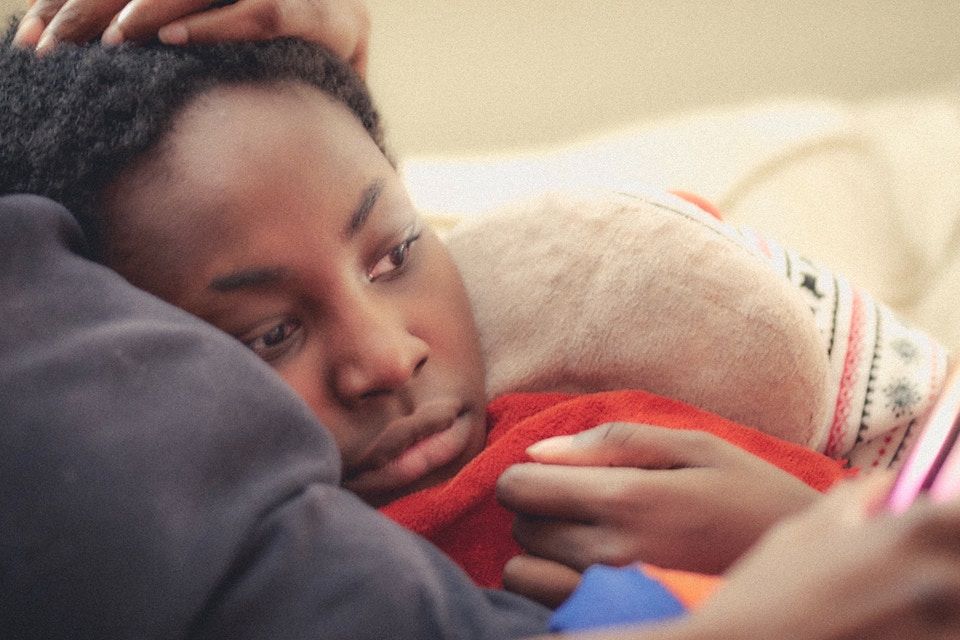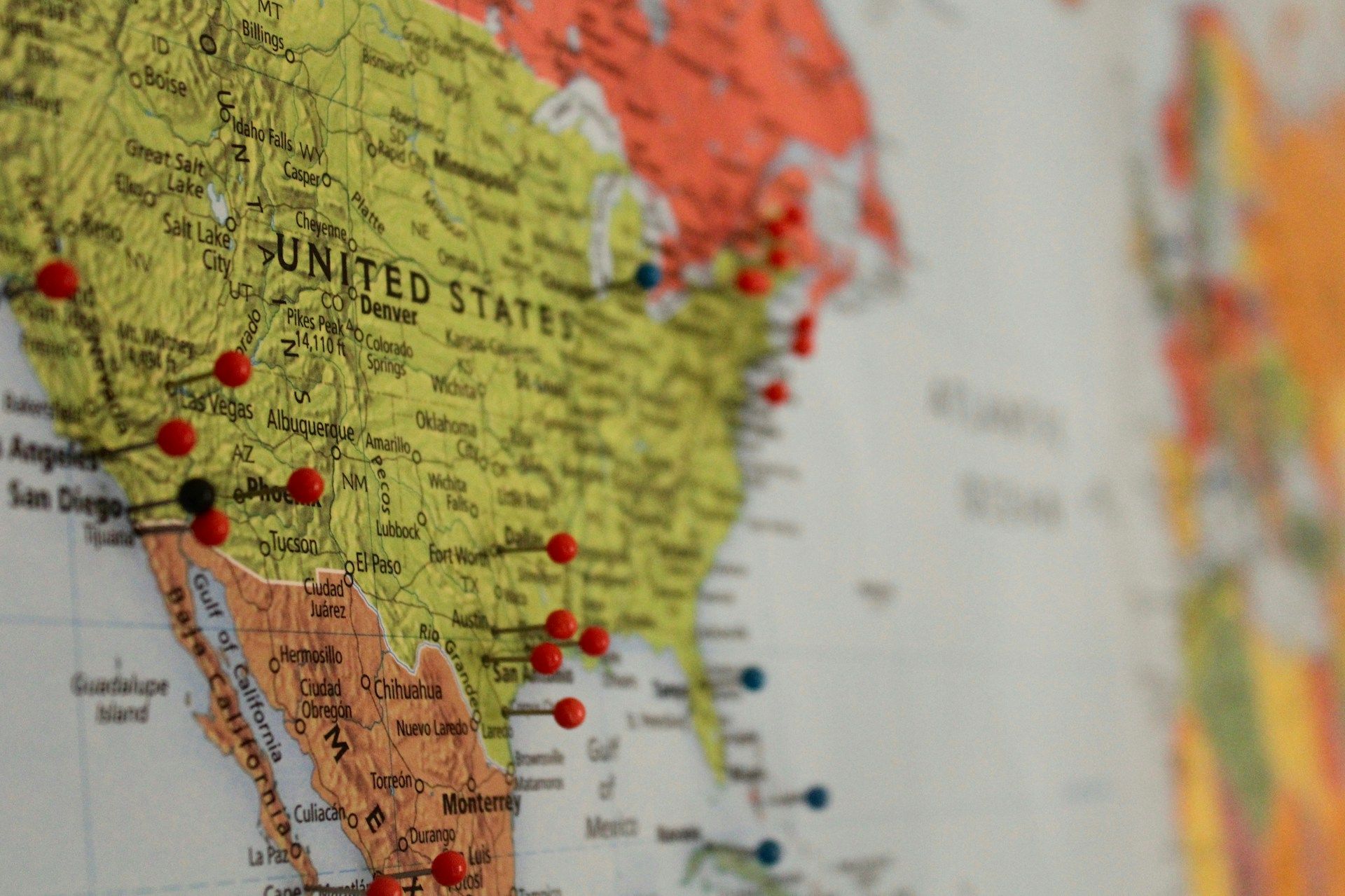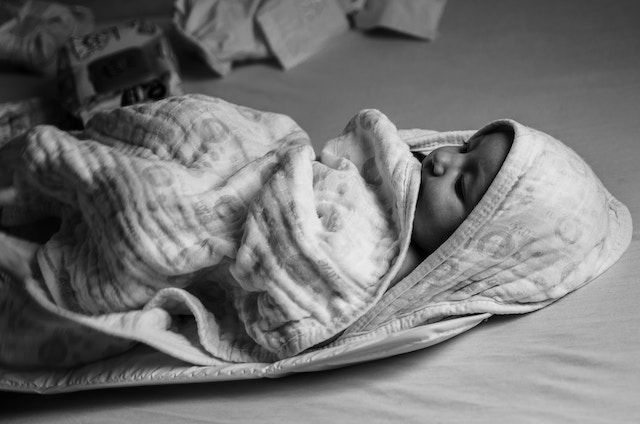Overcoming Darkness in the Warzone: Childbirth under Mobile Phone Lights
Amid conflict in Sudan, obstetrician Dr. Howaida Ahmed al-Hassan performs Caesareans using mobile phone lights
The unyielding conflict in Sudan has led to the shutdown of the majority of hospitals in the capital city of Khartoum. The few remaining medical facilities frequently run out of power, complicating the experience of childbirth for mothers and healthcare professionals alike, particularly when surgical interventions such as Caesarean sections are necessary.
One obstetrician, Dr Howaida Ahmed al-Hassan, has captured global attention by sharing a video with the BBC that reveals the extreme conditions under which she and her team operate. In this video, she and her colleagues, all female, are performing a Caesarean section by the light of mobile phones. As they operate, their phones provide the only light source, focusing illumination on the incision site.
 Photo by Wadi Lissa
Photo by Wadi Lissa
During a period of heavy military fighting in April, Dr Hassan stayed at the Alban Jadeed Hospital in northern Khartoum for three consecutive weeks. Her commitment to her work is both inspirational and telling of the desperate situation. The video she shared highlights wards where nurses assist women in delivering babies under extreme circumstances, with minimum medical staffing and frequent electricity blackouts.
The maternity ward in the hospital where Dr Hassan works is overflowing with women in dire need of emergency obstetric care. "We've taken high risks performing these Caesareans in dimly lit operating theatres. We do not have enough resources," she says, revealing that the hospital often operates in the absence of general anesthesia consultants and specialists.
According to the UN Population Fund, in April, an estimated 219,000 pregnant women were believed to be at risk due to heavy fighting around Khartoum. Among these women was Bashayer al-Fadil, who had to traverse sporadic gunfire to reach a functioning hospital. Bashayer's experience is not an isolated case. Many pregnant women face dangerous complications due to the closure of maternity hospitals following the conflict.
Dr Kameel Kamal, a consultant gynecologist at Omdurman Maternity Hospital, one of Sudan's largest maternity hospitals that had to shut down its services, noted that thousands of pregnant women are left to scream in pain in their homes due to lack of medical access. He estimates that numerous home deaths, miscarriages, and other birth complications have occurred without access to treatment, escalating the disaster for pregnant women in Sudan.
Even under normal circumstances, Sudan registers among the highest rates of maternal deaths worldwide, according to the World Health Organization (WHO). But amid the conflict, medical staff like Dr Hassan and midwives continue to do their utmost. Midwife Mawaheb, for example, has assisted approximately seven women to have safe natural deliveries since fighting broke out. When called upon, she visits women in labor and if complications arise, directs them to the nearest functioning hospital.
In spite of overwhelming odds, obstetricians like Dr Hassan, midwives, and other medical staff strive to maintain a semblance of normalcy and celebrate each successful delivery. They work against the tide, creating and sustaining life in the midst of a conflict that threatens it.
The United Nations Population Fund in Sudan has responded to this critical situation by sharing a list of contacts for trained midwives on its Twitter account. They hope to ensure that pregnant women have access to antenatal care and assistance during labor, a step toward minimizing the impact of the conflict on childbirth.
Yet, the struggle remains apparent. The profound dedication of healthcare professionals like Dr Hassan is a beacon of hope amid the dire circumstances. They shine a light, both literally and metaphorically, on the brave individuals laboring to bring new life into the world, even as their own surroundings are embroiled in a struggle for survival. Through their courage and resilience, these professionals continue to assist mothers and babies in the face of darkness, conflict, and uncertainty. The remarkable adaptation to use phone lights to perform critical medical procedures underscores the profound resilience of the human spirit.
Soure: BBC News





